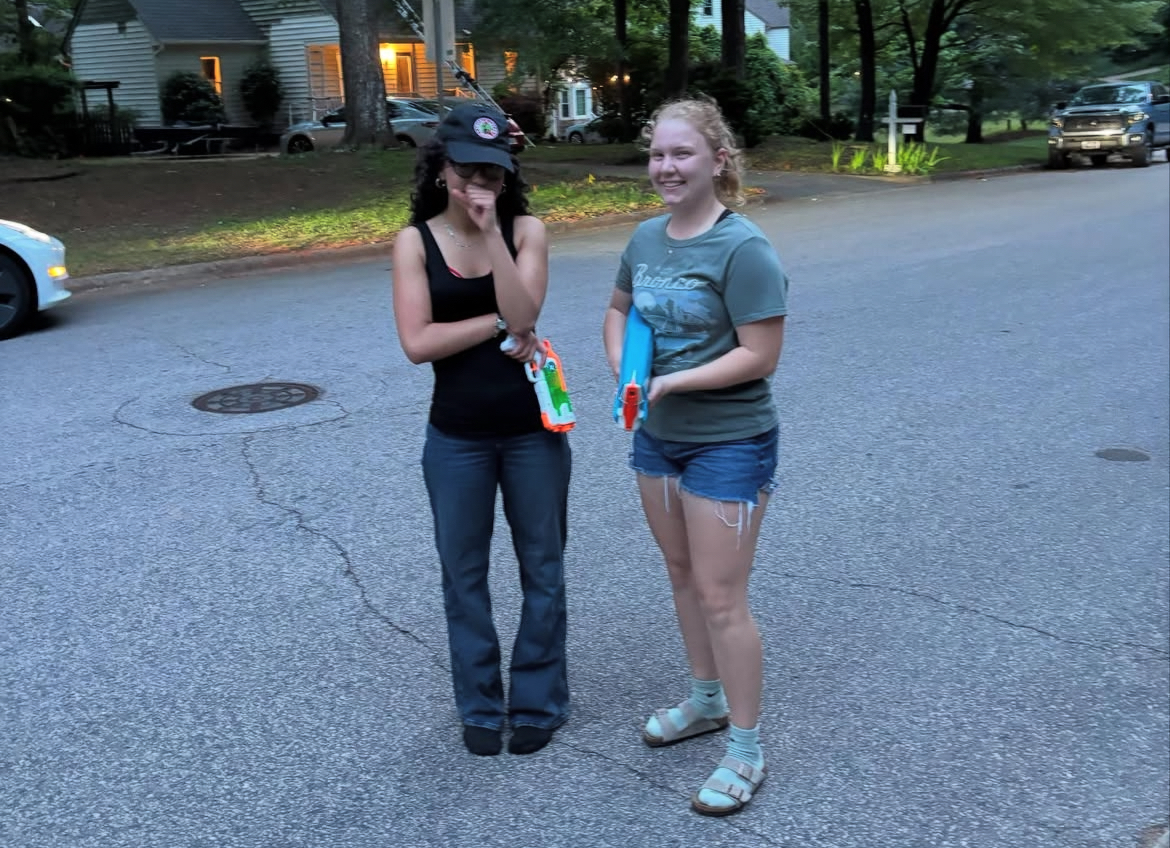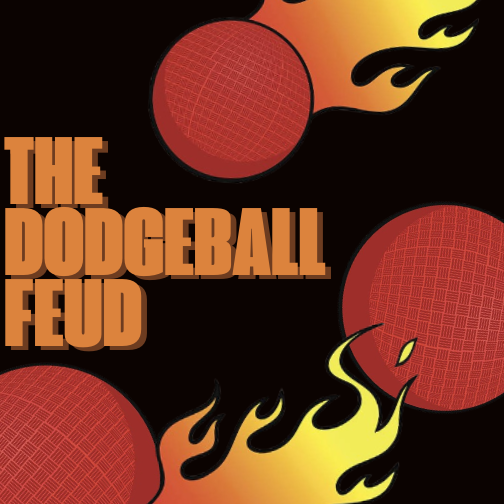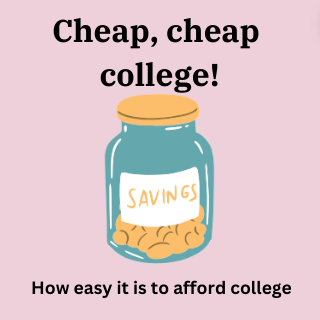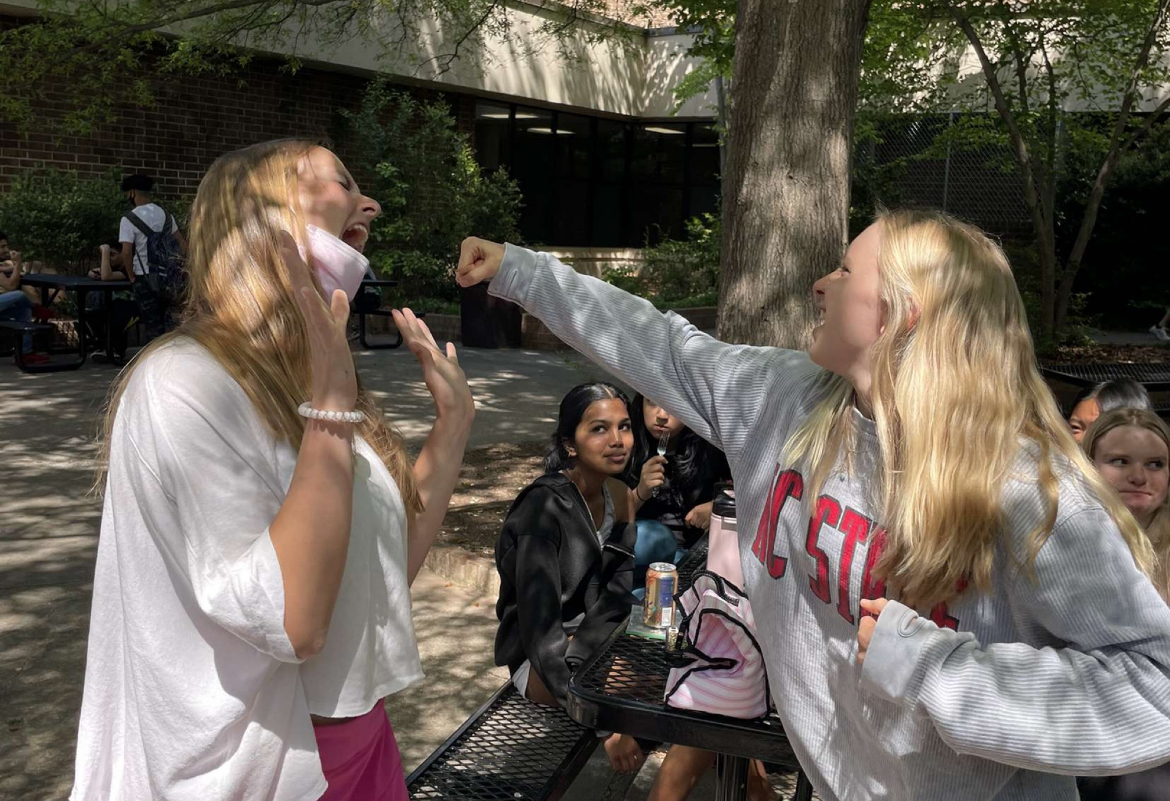Social media.
The perfect place for us as a society to forget our civilized ways and have some inconsequential fun. Reality is getting progressively worse as the years go by, so the world’s transition to social media is nothing short of genius. What else would we do? Adapt societal concepts to better fit our progression as a human race in real, physical life? Nah, we’ll do it on Twitter.
Now, we are not discounting the various societal issues that are in critical need of addressing. In fact, we’ve created a whole culture for such progression.
We call it “Woke Culture.”
To be “woke” is to be actively conscious of social injustices, particularly in regard to minorities. The term originated within the Black Lives Matter movement in an effort to push for the progression of black rights, but it’s been appropriated to better fit a far more prevalent demographic: the privileged, colored-haired, beautiful people of Twitter; the real social justice warriors of our world.
True activism takes place in the depths of social media. Only online can we garner the necessary manpower to address ignorance. The second someone slips up and makes a slightly racist, homophobic, or misogynistic comment, we attack. From behind our screens, fingers on our keyboards, we verbally assault these people who dare threaten our woke-ness.
We respond to their comment with a single word that will single-handedly destroy them: “canceled.”
The word holds far more power than the ignorant comment itself. At some point, we forget what comment was even made, but the effect is everlasting. Once stamped with the term, you are officially shunned from receiving any sense of human decency.
No one is safe. Not social figures. Not normal, everyday people. Not even your nasty little racist, homophobic, misogynistic second-graders.
It’s important that we speak up for people whose voices are muffled under society’s ignorance. So we speak. We speak on the same points to one another until our speaking becomes screaming and no one can overpower our voices. Surrounding ourselves with people who have the same opinions as us is the only way to ensure that we don’t have to deal with anyone else’s ignorance.
Will we actually use our voices to bring across necessary change? That’s not the point, you’re already canceled.
These ignorant people are beyond reasoning. How cowardly is it for them to sit behind their screens, fingers on their keyboards and verbally assault people? We just won’t stand for that #staywoke.
Reality:
This angry, close-minded sentiment, while outrageous, feels dishearteningly familiar to many. As the youth of this day and age, we are dependent thinkers. It’s only natural, considering that our role up to the point of adulthood is to learn from our elders. And being dependent thinkers can subject us to polarization, which is, again, only natural. But, the extent to which we’ve carried this immobilism isn’t something we can just label a “youthful mistake.” It is our job, not only for the sake of progression but for our own sakes as well, to slowly unravel such societal constructs and become free, independent thinkers.
This new age of progression was spread in the name of creating a sense of broadness within our own line of thinking and that of others, but it is those of us who support progression who have become narrow-minded. Rather than actually progressing, we stamp people with their ignorance and leave them in the hands of animosity.
Looking around at my peers, I can see the visible effects ‘woke’ culture has had on our generation. Our place still stands as the generation that grabbed regression by the collar and shoved it back to the past. The progression we stimulated from the world is still prevalent. We still have good intentions. Some of us, however, just take that reputation for granted. They are tainting our notoriety with the label of “sensitive.”
It isn’t about progressions so much as it is about judgment. Judging people for disagreeing. Judging people for making mistakes. Judging people for being ignorant.
But is demonizing ignorance not ignorance within itself?
Is ostracizing someone for making an ignorant mistake not ignorance within itself?
Is prohibiting someone from conceding themselves after a moment of ignorance not ignorance within itself?
It is.
It is ignorance placed in a box and bundled in pretty wrapping paper, but still ignorance nonetheless.
The fewer opinions we tolerate, the less we are challenging our mindsets and it is society as a whole that is unknowingly falling victim to unspoken ideas. We have caused a fear of ignorance and, by doing so, have halted society’s natural process of learning from ignorance.
When the point we are trying to bring across is defeated by our own hands, what will become of our world?

!["No one is safe. Not social figures. Not normal, everyday people. Not even your nasty little racist, homophobic, misogynistic second-graders" [an excerpt from the article.]](https://athensoracle.com/wp-content/uploads/2022/04/CANCELLED-1-e1650298628333-900x688.png)





